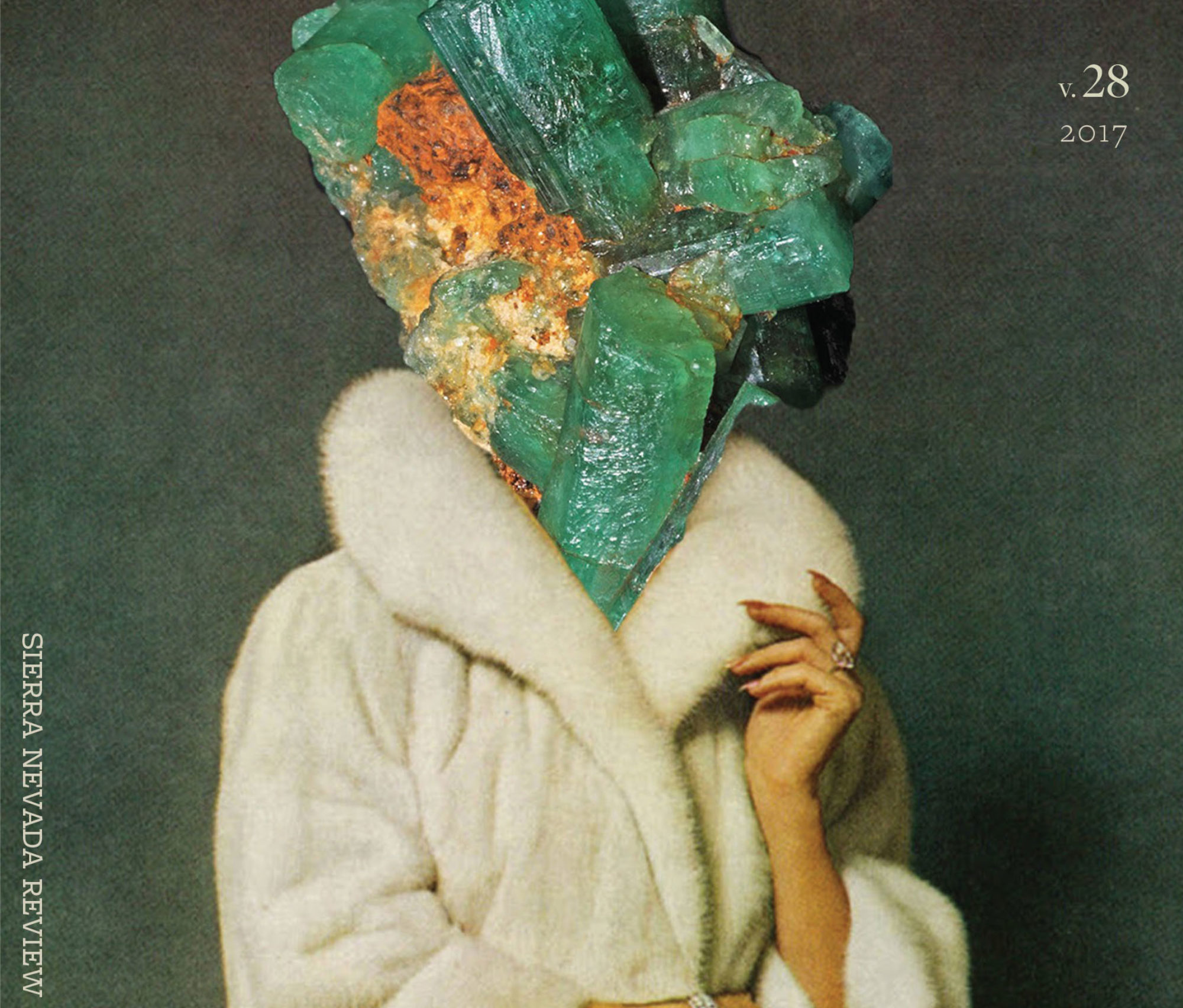
2013
Poetry
$12; 128 pages
SplitLevel Texts
ISBN: 978-0985811136
The Sun Has Gone Out: Catherine Meng’s The Longest Total Solar Eclipse of the Century
by Bryce Bullins
There is an infestation of spiders in Catherine Meng’s The Longest Total Solar Eclipse of the Century. No less than a dozen references to spiders or spiderlike qualities exist in Meng’s text and it’s wholly fitting: what better creature best embodies the complexity of time than one who spins webs as intricate and unfathomably raw as the spider? There is great concern for time in Solar Eclipse and Meng’s attentiveness to its passage is humbling while simultaneously sprawling.
Meng asserts that “We could all benefit / from risking temporality / more often” and her verse echoes this sentiment. Solar Eclipse navigates the course and events of a year from the day of the eclipse (22 July, 2009) to the following year but in such a way that it feels as though time is seemingly lost in the process of recollection. Experiments in space, form, and language create a hazy, though still discernible, presence of grounding in some form of the present.
Interspersed within the collection are several diary entries that serve as poetic-prose sections that seek, whether intentionally or otherwise, to stabilize us in the temporality of the year. These diary entries are the most vulnerable pieces in Solar Eclipse because of their earnest honesty. In “M, Tu, W, Th, F” Meng asserts that “learning to want impossible things is a sort of freedom worms & crocodiles don’t know.” In this oddly humorous musing, Meng is subtly pointing out the flaws in our own ability to yearn for impossibility. The virtue of it being impossible makes us want it that much more and makes the lack of it that much stronger. In so many words, it is the drive that keeps us pressing onward.
The most striking aspect of Solar Eclipse is how it deftly rests on a blade’s edge of the necropastoral[1]. While never overtly approaching the bleakness of ecocatastrophe, Meng’s allusions are grounded heavily in the present moment that creates the conditions possible for ecocatastrophe: her verse occupies a space where blog entries coexist with goat farmers in Uruguay and “whatever nascent understanding we’d had about empathy / had its limbs hacked off / right from the start.” This is to say nothing of the countless other pastoral tropes Meng conjures up, but her verse often subverts them as in “Game Reserve”:
Just because there is no eagle
doesn’t mean the eagle isn’t here.
Or maybe ‘eagle’ is really the name for ‘crow’;
And the group of them
above me is saying so.
If the eagle represents the majesty of the world before ecocatastrophe takes its toll, then the crows are what remains after. There is no more deft an analogy than a murder of crows circling above us, occupying the space of the beautiful world we have destroyed.
It is in this world that Meng seeks to illustrate individual flairs of hopelessness, anxiety, optimism, and banality. By doing so, Meng captures a climatology all her own of a life lived now. Whether we are present for it as well (read: aware) is a separate matter entirely.
[1] See Joyelle McSweeny’s essay on the necropastoral, in which she probes the political-aesthetic paradigm and its inability to be separated from nature

player football
player football